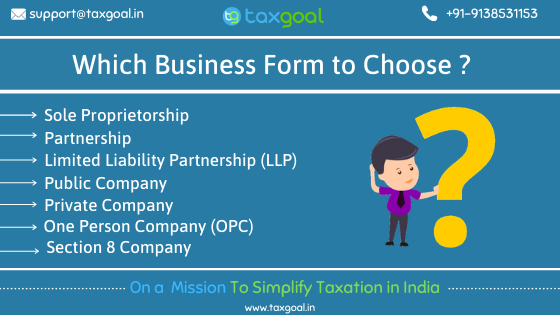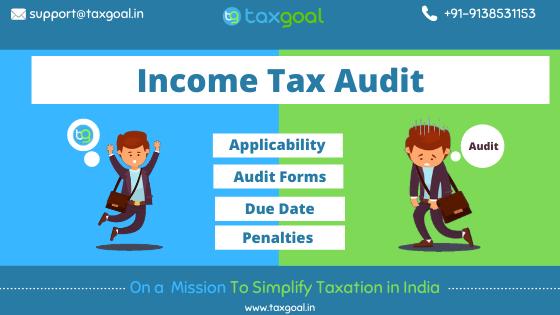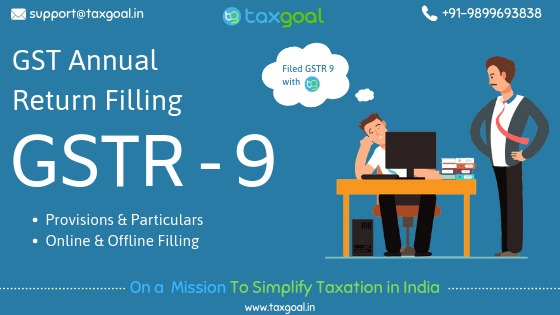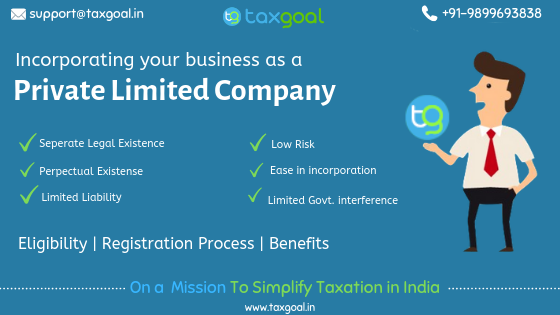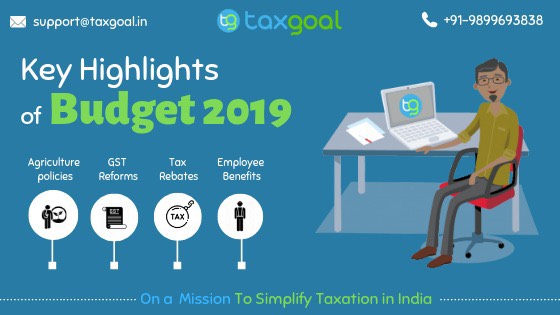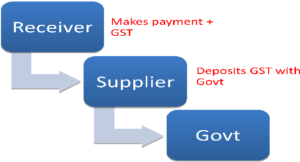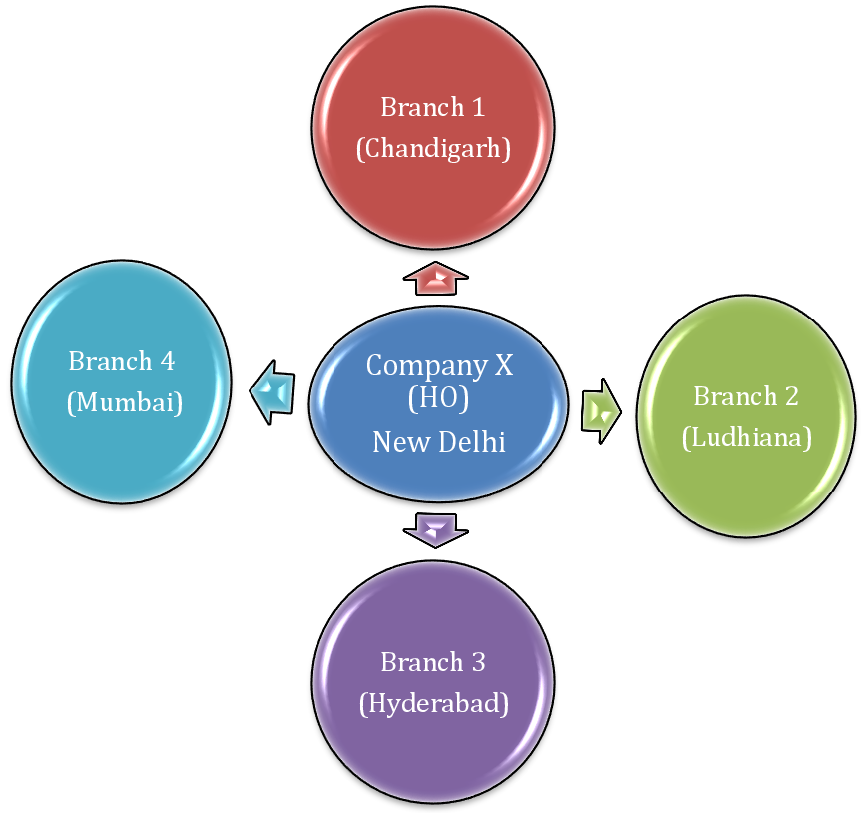Company Registration in Delhi
Worried about Business Incorporation??
-Which form of Business to Start, benefits, disadvantages, Government compliances required?? –TaxGoal
Company Registration in Delhi, Company Registration
To start a new business in India, it requires a great deal of planning for
- The requisite finance required;
- The workflow in the organization;
- The number of employees to acquire;
- The legal policies to comply with;
- The tax provisions and a lot more.
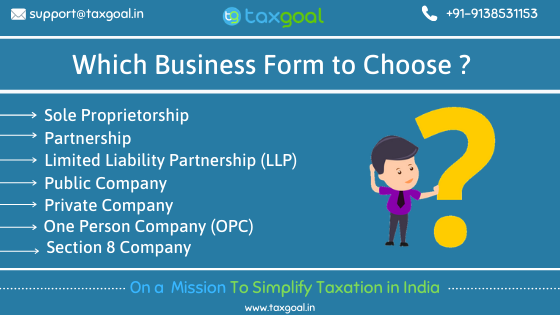
Various forms of Company registration at a glance:-
|
|
Company Form |
Mandatory Registration |
Governing Act |
Composition of Members |
Minimum Capital Requirement |
Annual Filling Compliance |
|
1 |
Sole Proprietorship |
N/A |
N/A |
Single owner |
N/A |
Individual Income tax return |
|
2 |
Partnership |
N/A |
Indian Partnership Act, 1932 |
Minimum – 2 Maximum – 20 (Max 10 in case of Banking ) |
N/A |
Partnership Income Tax Return and Individual Returns . |
|
3 |
Limited Liability Partnership (LLP) |
Yes |
Limited Liability Partnership Act, 2008 |
Minimum – 2 |
N/A |
ROC Fillings , Income tax returns, Audit statements |
|
4 |
Private Limited Company |
Yes |
Companies Act, 2013 |
Minimum – 2 Maximum Members – 200
Minimum Directors – 2 |
Rs 1 lakh |
ROC Annual Fillings , Income Tax Returns , Audit Statements |
|
5 |
Public Company |
Yes |
Companies Act, 2013 |
Minimum – 7 Maximum – Unlimited
Minimum – 3 Directors |
Rs 5 lakh |
ROC Annual Fillings Income Tax Returns , Audit Statements |
|
6 |
One Person Company (OPC) |
Yes |
Companies Act, 2013 |
Single owner |
N/A |
ROC Annual Fillings , Income Tax Returns , Audit Statements |
|
7 |
Section 8 Company |
Yes |
Companies Act, 2013 |
Minimum 2 members and 2 directors |
N/A |
ROC Annual Fillings , Income Tax Returns , Audit Statements |
To legally start a business a compulsory Company Registration in Delhi India, the initial step for any individual is to acquire good knowledge of the different types of business forms running in the country and which will be the most appropriate form for him to start his business with minimum – cost, legal compliances and the least statutory requirements.
TaxGoal.in is an online tax service providing agency for getting solutions to all business-related issues including, online tax filing, obtaining trademarks/copyrights, payroll services, TDS returns, Company registration in Delhi, etc. We provide on-time assistance to our prospects and help them promptly remove legal problems hindering the growth of their business.
Seeking a professional for Company Registration in Delhi?
Email us at support@taxgoal.in or call +91-9138531153
In this post, you will get to know about the different business forms running in India and the key indicators for choosing the appropriate form for your business.
1) Sole Proprietorship- GST Registration
There is no specific model of business determined for a sole proprietor. A sole proprietorship business is the most simplistic form of business to operate. Only what you need to do is to get GST registration (Not mandatory) and start your business.
Key Features:
- A single owner is required.
- No specific capital requirement
- Business is liable to the extent of the personal capital of the owner.
- No mandatory registration is to be obtained•
Benefits:
- Income from business shall become the personal income of the owner and be taxed on an individual tax rate which is lower than the corporate tax structure.
- No mandatory registration has to be obtained and can be started from day one of the procurements of stock.
- The liability of the business is only up to the extent of the personal assets of the owner, hence reduces risk in the business.
- No minimum capital requirement defined.
- It can be dissolved at any time without following any legal compliance.
- No mandatory returns have been specified for sole proprietorship other than an Income tax Return.
Need free consultation or free CA expert advise on corporate tax filling?
TaxGoal.in serves you with all essential business incorporation, Income tax, GST Return filing, TDS Filling and Payroll services. Ranked the most trusted and satisfying legal service providing agency, we provide advisory to all our clients on all corporate matters including ROC fillings, legal arbitrations and Company Registration in Delhi .
For consultation reach us at support@taxgoal.in or call +91-9138531153
2) Partnership
For extensive use of resources and obtaining easy capital from trusted sources, a Partnership can be formed by an individual with another person or entity. Partnership form of business is required when there are limited sources of the business to raise finance and capital.
Key Features:
- A Partnership is governed under the Indian Partnership Act, 1932.
- No mandatory registration is required under the act and can be started with the agreed consent of partners.
- The firm is required to form a Partnership Deed.
- If registered, the minimum number of members to start a partnership required 2 and a maximum of 20 in all other cases (except a maximum of 10 members for banking companies).
- The liability of partners in a partnership is limited to the extent of their personal capital.
- A partnership firm is required to pay taxes according to the corporate tax slab of Income-tax which is more than the Individual slab rate.
Benefits:
- If registered, a Partnership firm can legally sue partners or other entities. Even a partner can sue other partners for misconduct or any other reason thereof.
- A firm can easily raise capital with more partners than complying with tiring compliances of finance institutions.
- No minimum capital is required to start a partnership.
- A firm can be dissolved at any time with the consent of partners.
- Continuity in the business remains intent and unaffected with coming and outgoing of partners.
- Not much annual compliances have been notified for partnership other than filling an Income tax return.
Add risk-free capital to your business by forming it into a Partnership!
Get advisory support on Audit Services , ROC Compliances and Company registration in Delhi
Email us your concern at support @taxgoal.in or call +91-9138531153
3) LLP (Limited Liability Partnership)
A simplified form of partnership expressed with the criteria of limited liability of partners towards business. An LLP can be formed with a minimum of 2 partners (1 being a resident of India) and a maximum of unlimited members. It is a hybrid concept of both partnership and company.
Key Features:
- Compulsory registration under the Limited Liability Partnership Act, 2008 is required to start an LLP.
- The liability of the partners shall only be limited to the extent of their capital contribution.
- An agreement has to be framed between the partners as per Section 23 of the act.
- In addition to the filing of Income-tax return, an LLP is also required to file its Annual compliances including – Filling of an Annual Return (Form 11) and Statement of Accounts & Solvency (Form 8) with ROC.
- It is not affected by the entry or exit of partners and can sue or can be sued in its own name.
- Shall be charged with Income tax on the corporate tax slab rate.
Benefits:
- The cost of registration is less as compared to the company.
- No minimum capital required.
- Exit from LLP or conversion to any other form is very less complicated.
- Exemption from Dividend distribution tax has been allowed to LLPs.
- Least affected with entry or exit of partners.
- No compulsory audit requirement has been specified for LLP as compared to Private or Public Company.
LLP Register in Delhi?
We at TaxGoal.in, holds a team of compliance experts handling all major tax services, Small businesses compliances and Company Registration in Delhi.
Get your LLP Registered with us at the most affordable pricing.
4) Private Limited Company
Registered under Companies Act, 2013, a Private ltd Company can be formed with a minimum of 2 members and a maximum of 200 members. A private company can be formed with three distinct capital clauses:
- A company limited by Shares: Liability is limited to the extent of unpaid shares held by them.
- Company Limited by Guarantee: The liability of members is limited to the extent of a nominal amount guaranteed in the event of winding up of the company.
- Unlimited Company: Members are liable to an unlimited extent.
Key Features:
- Private Ltd Company registration under the Companies act, 2013 is mandatory.
- The minimum paid-up capital of Rs 1 lakh is required.
- A minimum of 2 directors (One should be an Indian resident) has to be appointed or to be selected from the list of members to serve as directors.
- The public issue of shares is restricted while no restriction has been placed on the transferability of shares.
- For annual compliance, at least 2 board meetings, one AGM(Annual General Meeting ), disclosure of director in MBP-1, Audit of Accounts and Filling of Audit report, Financial statements (AOC -4) & Annual Return (MGT-7) is mandatory.
Benefits:
- The Company holds separate legal entity from its members, in case of loss, the shareholders shall become liable to sell their personal assets.
- The company is a legal entity can sue or can be sued or can enter into any contract without affecting the liability of members.
- For all essential decisions, independent policies framed by directors shall be considered other than consulting every member like in LLP or partnership.
- A private ltd company can be opted to receive tax benefits specially placed by the government under different schemes.
Working with Limited Investment?
Expand your business most feasibly.
Register your own Private Limited Company Today!
TaxGoal helps you minimize fillings errors and obtain easy Company Registration in Delhi at one go.
Connect to our business expert now: support@taxgoal.in
5) Public Company
Formed with a composition of a minimum of 7 members and does not qualify for the criteria of being a Private limited company is a Public Company. A Public Company can be incorporated with a minimum of 3 directors and is permitted to freely access capital from the public through public issue of shares.
Key Features:
- Mandatory Public Company Registration under the Companies Act, 2013 with ROC is required.
- Should hold a minimum of 7 members and maximum unlimited members.
- The word ‘limited ‘ is to be used in the name of the company to represent as a public company.
- A separate distinct entity from its members.
- To hold a minimum paid-up capital of Rs 5 lakh for registration.
- The liability of the members is limited to the extent of subscription made in the shares of the company.
- The issue of the prospectus is mandatory for the public issue of shares.
- Filing of timely compliances and annual returns to ROC, along with filling of Income tax returns annually.
- It is limited to the interference of members and is managed by the Board of Directors (BOD).
Benefits:
- Easy availability of finance through public issues, financial institutions, and other open market investment agencies.
- It is least affected by the entry or exit of members.
- Division of risk.
- Being a separate legal entity, it can enter into a contract, can sue or can be sued in its own name.
Concerned for the finance requirement of business?
Better go for a change in the structure of business …
Opt for Public Company
Raise easy finance from the public.
For Conversion of Business or New Company Registration in Delhi
Email us at support@taxgoal.in
6)One Person Company (OPC)
A hybrid concept of Company and Sole-proprietorship, which can be registered and managed by a single person without many legal compliances is a One Person Company. OPC can be formed and managed by a single person, hiring a director or self-seeking himself as the director of the company.
Key Features:
- One Person Company Registration mandatory under the Companies Act, 2013.
- It is a separate legal entity from its members.
- Indian citizens and only the resident of India shall be eligible to form OPC.
- Holding at least one board meeting is essential.
- A statutory audit of financial statements is mandatory.
- Annual compliance of the company with ROC with form AOC-4, MGT-7, and filing of Income-tax return annually is mandatory.
Benefits:
• No minimum capital is required in forming OPC.
• The liability of OPC is limited to the extent of capital invested in the business.
• The company model offers an advantage to the individual to start his own business with the prospect of growing it in the future or to another company form.
• Provision of Section 98 and Sections from 100 to 111 relating to the holding of mandatory general meetings shall not be applicable to OPC.
Worried of compliance fillings?
Now you don’t need to.
Apply for One Person Company Registration in Delhi with Taxgoal.in
&
Save your annual compliance cost of filling multiple returns and reports to ROC.
7) Section 8 Company
Any individual or association of persons intending for company registration for the achievement of certain specified objectives in the Companies Act, 2013 can opt to apply for registering their business as a Section 8 Company. A Section 8 company can be formed if it objects to:
- Promote e-commerce, art, science, education, sports, social welfare, protection of the environment, charity or religion.
- Use its profits or any other income in promoting the above objectives
- Prohibit the payment of dividends to its members.
Key Features:
- Mandatory Company Registration has to be obtained under the Companies Act, 2013.
- Must have at least 2 members and a minimum of 2 directors.
- Section 8 Companies can only be incorporated as
-
- Companies with a share capital
- Companies with guarantee
- Section 8 Companies can’t be incorporated as Unlimited companies.
- No dividend shall be provided to the members of the company.
- Profits from business can be utilized only for the promotion of the object of the company.
- Shares or other movable property in business are easily transferable.
- Company is required to appoint an auditor within 30 days of incorporation, conduct general meetings and file ADT-1, to file Annual returns in form AOC 3 &4, MGT-15 and MGT-7 as part of Annual Compliance filling.
Benefits:
- No minimum capital is required.
- Conversion to any other form of Company is also permitted.
- Members of the company are only limited to the extent of unpaid shares held by them.
Get simplified solutions for all your tax worries, annual fillings, and ROC Compliances.
To apply for Company Registration in Delhi or for obtaining mandatory licenses for your business.
You can directly reach us at support@taxgoal.in
